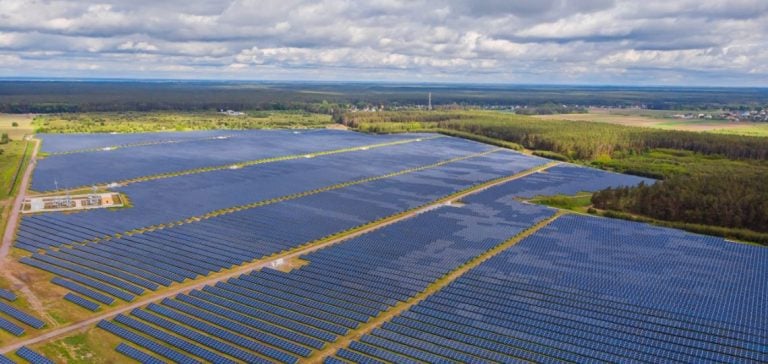The Vietnamese government issued Decree 135/2024/ND-CP on October 22, introducing regulations governing the sale of surplus solar energy to the national grid. This new legislation is part of the country’s efforts to promote renewable energy and clarify the use of self-consumed solar energy, particularly for individuals, industrial zones, and production facilities.
According to this decree, solar systems with an installed capacity of more than 1 MW can sell up to 20% of their surplus production to the grid, provided they obtain an operational license. However, individuals and organizations with systems under 100 kW or not connected to the grid are exempt from this requirement, provided they have anti-backflow equipment.
Limitations and impact on industrial actors
While this measure is seen as a step forward in fostering energy self-sufficiency and green energy use, some industrial and commercial actors believe the 20% limit may slow the growth of large-scale solar systems. The industrial sector, in particular, may be discouraged from investing due to this cap, limiting the profitability of installations.
Phu Nguyen, conference manager for the Asia-Pacific region at Terrapin, emphasized that “while Decree 135 represents a significant advancement in autonomous green energy production, the 1 MW capacity threshold to obtain a license could serve both as a safeguard and a potential bottleneck.”
Challenges for commercial and industrial sectors
Miguel Angel Ferrer, Chief Investment Officer at VIoT Group, suggests that the surplus cap model may deter solar adoption in the industrial and commercial sectors, which are crucial for the energy transition. “The industrial and commercial sectors, which are key drivers of renewable energy growth, may find the 20% cap restrictive, pushing them to explore other markets or delay investments,” he stated.
Policy revision and future perspectives
Experts in the field recommend that the government reconsider this cap in the future to avoid hindering national energy transition goals. Ferrer added that, to stay competitive with other regional countries and attract more significant investments, Vietnam will need to show flexibility in its export limits and provide clearer pricing mechanisms.
Moreover, while the current pricing mechanism helps maintain market stability, it could hinder the growth of large-scale solar projects, which are essential to Vietnam’s long-term energy goals.






















